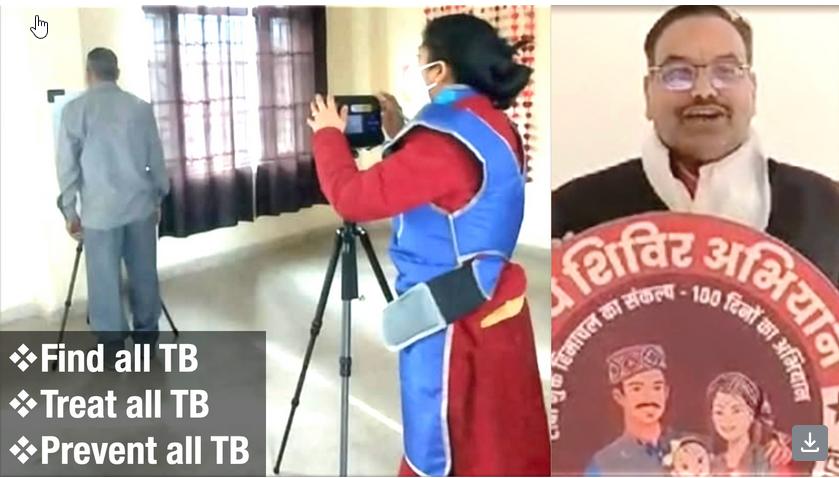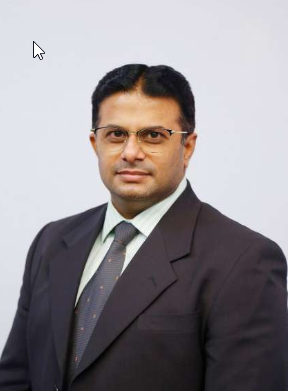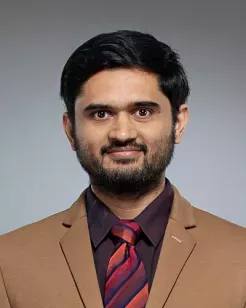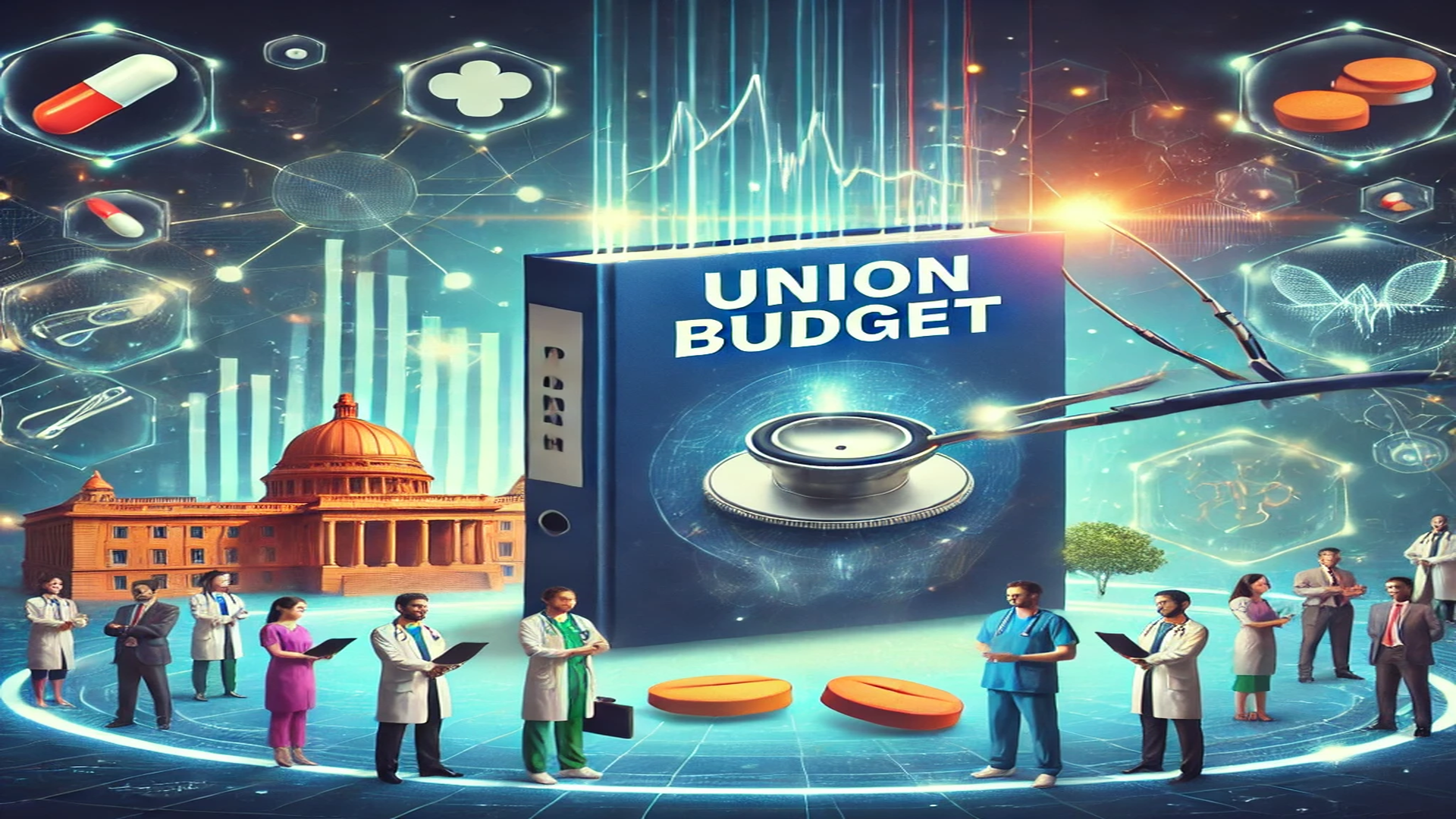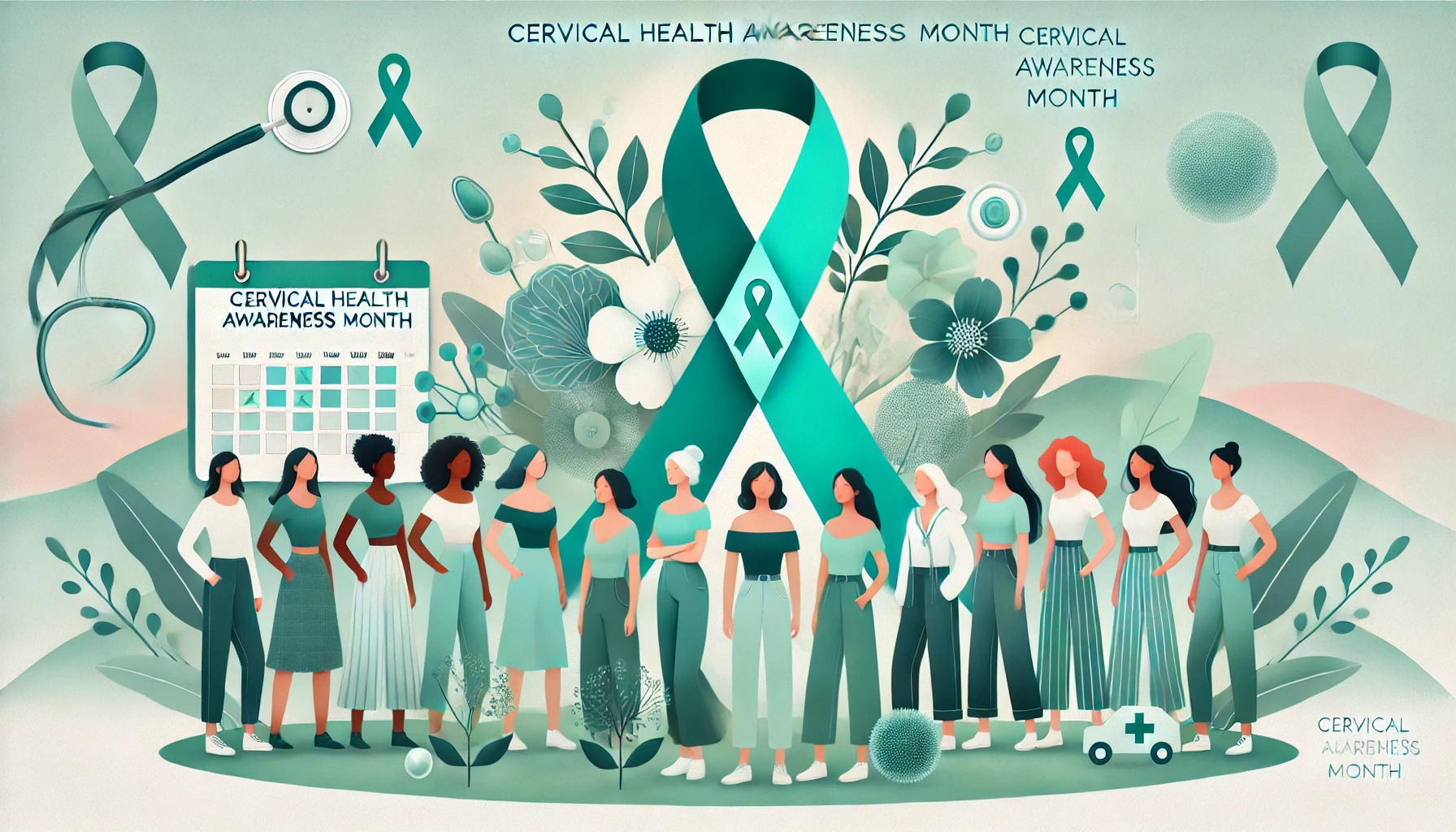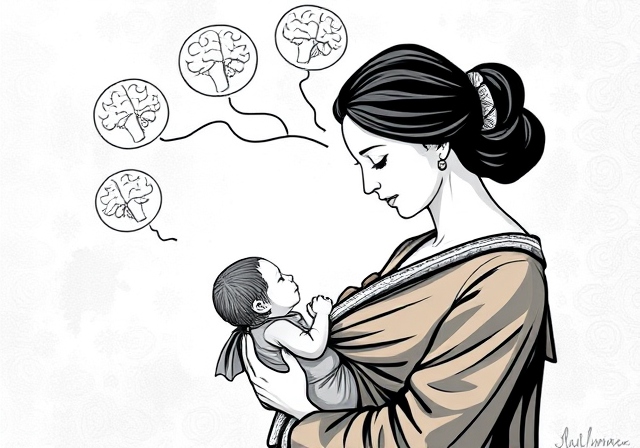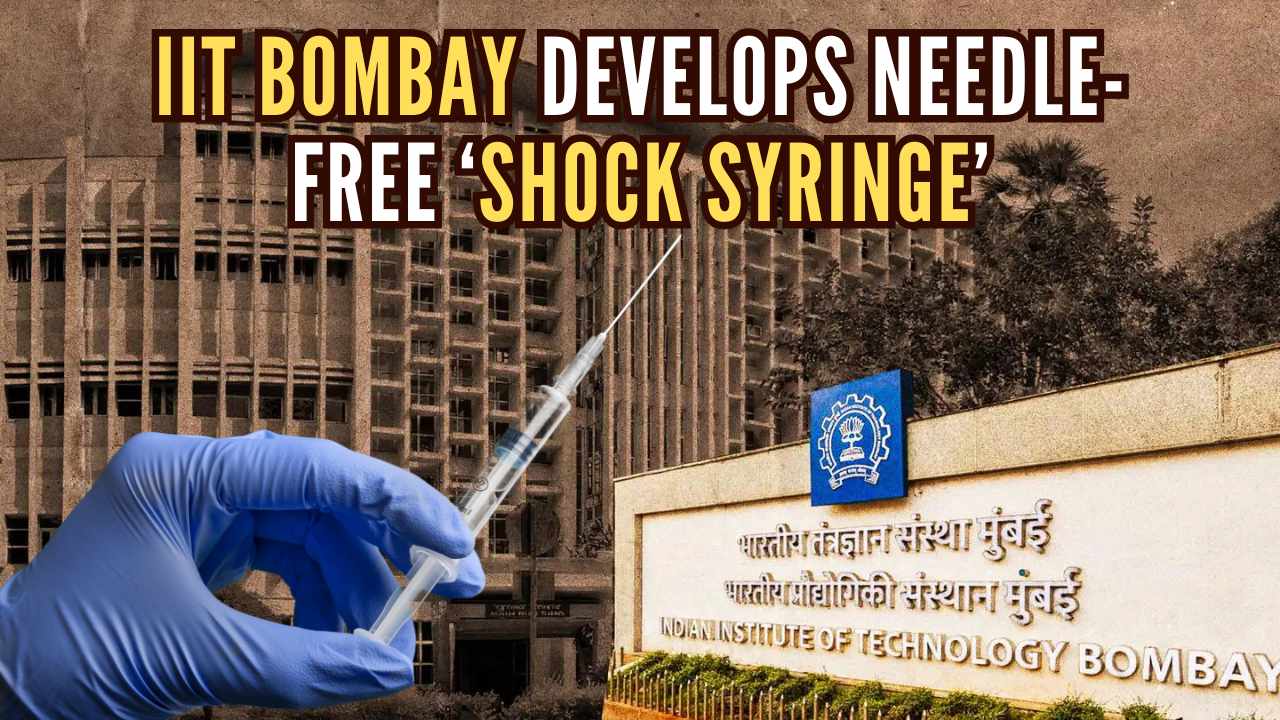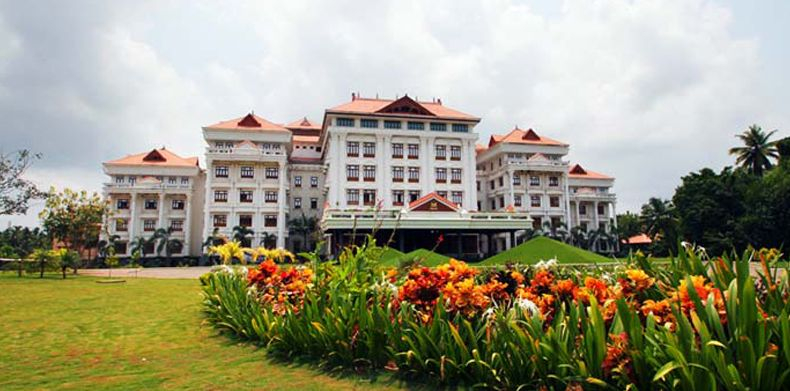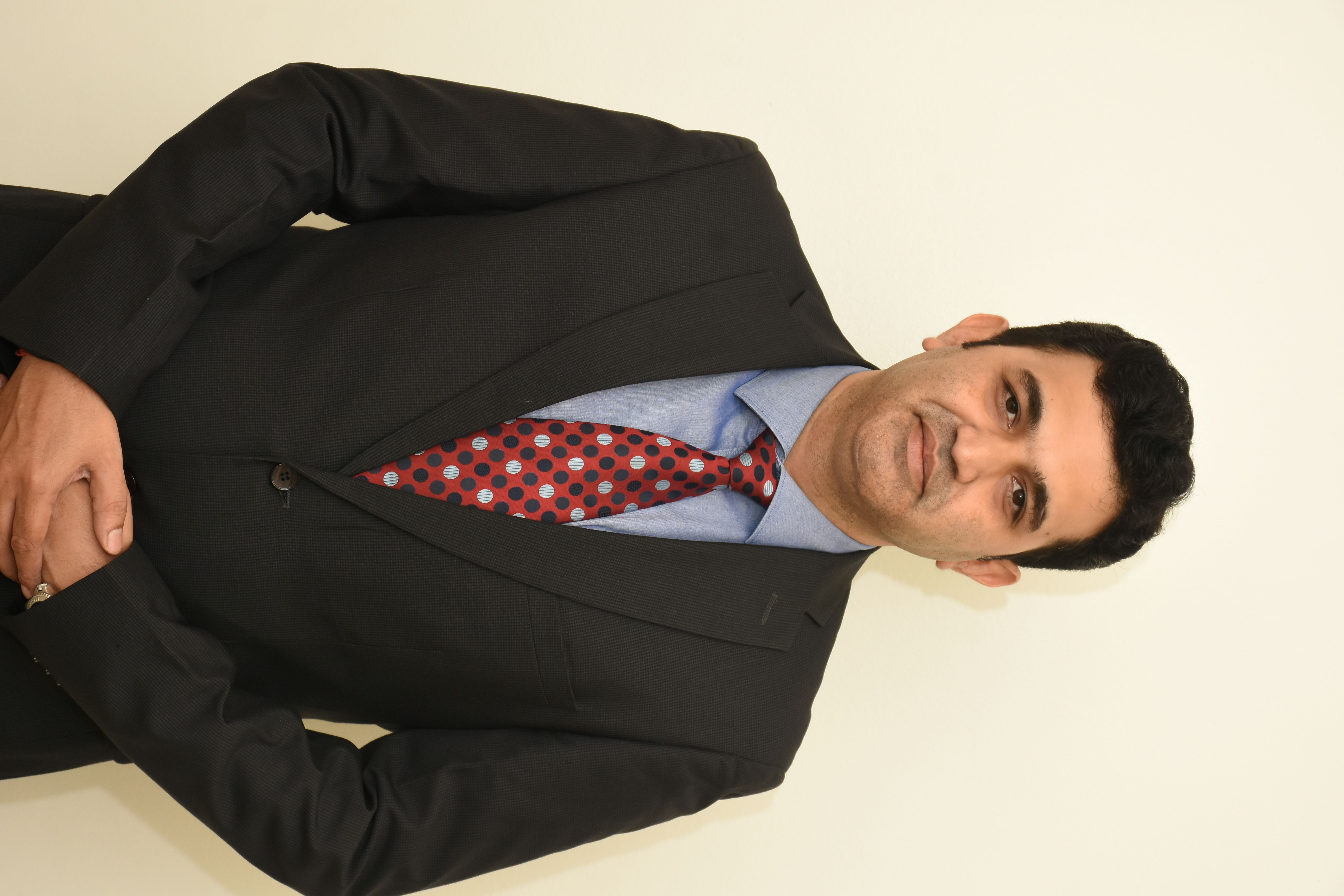Vice-President of India, Jagdeep Dhankhar, has called for a nationwide effort to develop a strong fitness culture to ensure that every Indian is healthy and able to contribute positively to India’s goal of becoming a developed nation by 2047. Speaking at the 18th Foundation Day celebrations of the ICMR - National Institute of Traditional Medicine (NITM) in Belagavi, Karnataka, Dhankhar emphasized the importance of utilizing India’s rich traditional medicine heritage and biodiversity for this purpose.
Vice-President Dhankhar highlighted the importance of focusing on "what is already with our knowledge, our wisdom" when it comes to health. He pointed out that India’s traditional systems of medicine, including Ayurveda, Siddha, Unani, and Yoga, represent the profound wisdom of our ancestors. These systems offer a perfect blend of science, philosophy, and spirituality, emphasizing the harmonious balance between mind, body, spirit, and nature.
Dhankhar called for a concerted effort to protect India’s biodiversity and traditional knowledge for future generations. He suggested that every village should be involved in making the country health-conscious and health-aware. "I would urge even at the Panchayat level, we must have great focus on medicinal and herbal plants. At the end of the day, the plants will converge into a laboratory to give us what is our basic need," he said.
The Vice-President praised the researchers at NITM for their work towards finding affordable solutions to many modern diseases. He made a strong appeal to corporate and public leaders to support research, development, innovation, and startups through their Corporate Social Responsibility (CSR) initiatives. "Please come forward; use your CSR to promote research, development, innovation and start-ups. They’ll do us a great good," Dhankhar urged.
India’s traditional medicine systems have long been celebrated for their holistic approach to health. These systems are based on the principle of maintaining a balance between different elements of the body and mind. Ayurveda, for example, focuses on diet, herbal treatment, and yogic breathing to maintain health and treat disease. Siddha medicine emphasizes the use of metals and minerals along with herbs. Unani medicine integrates elements of ancient Greek medicine with Indian practices, and Yoga promotes physical and mental well-being through postures, breathing exercises, and meditation.
The integration of traditional and modern medicine can offer comprehensive healthcare solutions. Modern medical research can validate and enhance the effectiveness of traditional practices, making them more acceptable and accessible to the global community. By combining the strengths of both systems, India can address the healthcare needs of its population more effectively.
Dhankhar’s call for community involvement in health initiatives highlights the importance of a grassroots approach to healthcare. By engaging local communities, especially at the Panchayat level, India can promote the cultivation and use of medicinal and herbal plants. This not only preserves traditional knowledge but also empowers communities to take charge of their health.
The Vice-President’s appeal to corporate leaders to support health research and development through CSR highlights the critical role that businesses can play in advancing public health. By investing in health research, innovation, and startups, the corporate sector can contribute to finding solutions for pressing health challenges and promote a culture of wellness.
As India marches towards its goal of becoming a developed nation by 2047, developing a fitness culture and leveraging traditional medicine will be crucial. By promoting holistic health practices, preserving biodiversity, supporting research, and involving communities, India can ensure a healthier future for its citizens. Vice-President Dhankhar’s vision emphasizes the need for collective effort and innovation in achieving this goal.
The future of traditional medicine in India looks promising, with increasing recognition of its benefits and integration with modern healthcare. Research and innovation in this field can lead to new treatments and preventive measures for various diseases. By preserving and promoting traditional knowledge, India can contribute to global health and well-being.
Vice-President Jagdeep Dhankhar’s emphasis on developing a fitness culture and leveraging traditional medicine reflects a holistic approach to health that combines ancient wisdom with modern science. His call to action for community involvement, corporate support, and research innovation is a blueprint for a healthier and more developed India. As the nation strives towards Viksit Bharat by 2047, embracing these principles will be key to ensuring that every Indian can lead a fit, healthy, and fulfilling life.
### SEO Keywords
To enhance the article's reach and improve its ranking on Google, the following SEO keywords are integrated throughout the content:
- Fitness culture in India
- Traditional medicine in India
- Ayurveda, Siddha, Unani, and Yoga
- Health and wellness in India
- Biodiversity and traditional knowledge
- Corporate Social Responsibility (CSR) in healthcare
- Research and development in medicine
- Holistic health practices
- Community health initiatives
- Viksit Bharat 2047
These keywords help ensure that the article is discoverable by individuals seeking information on health and wellness, traditional medicine, and India's healthcare initiatives.
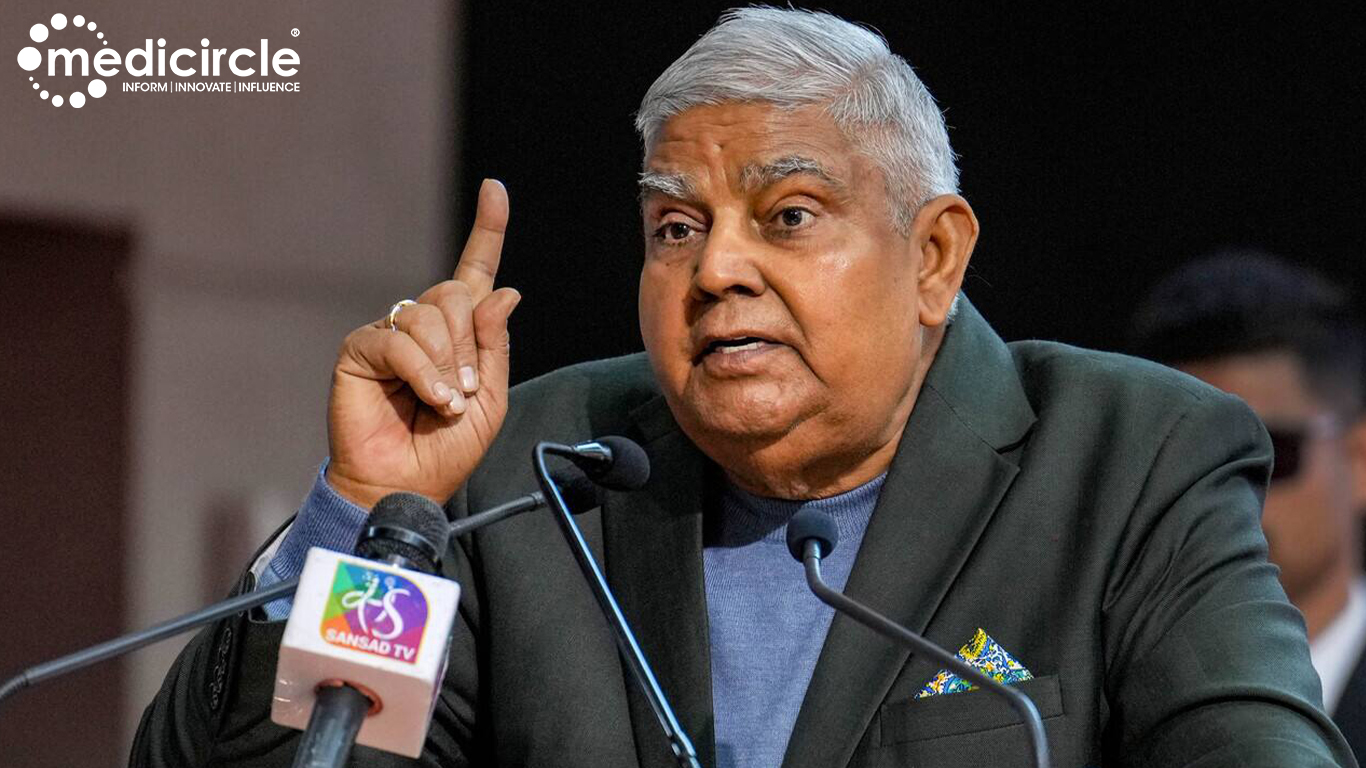
 By engaging local communities, especially at the Panchayat level, India can promote the cultivation and use of medicinal and herbal plants. This not only preserves traditional knowledge but also empowers communities to take charge of their health
By engaging local communities, especially at the Panchayat level, India can promote the cultivation and use of medicinal and herbal plants. This not only preserves traditional knowledge but also empowers communities to take charge of their health










.jpeg)

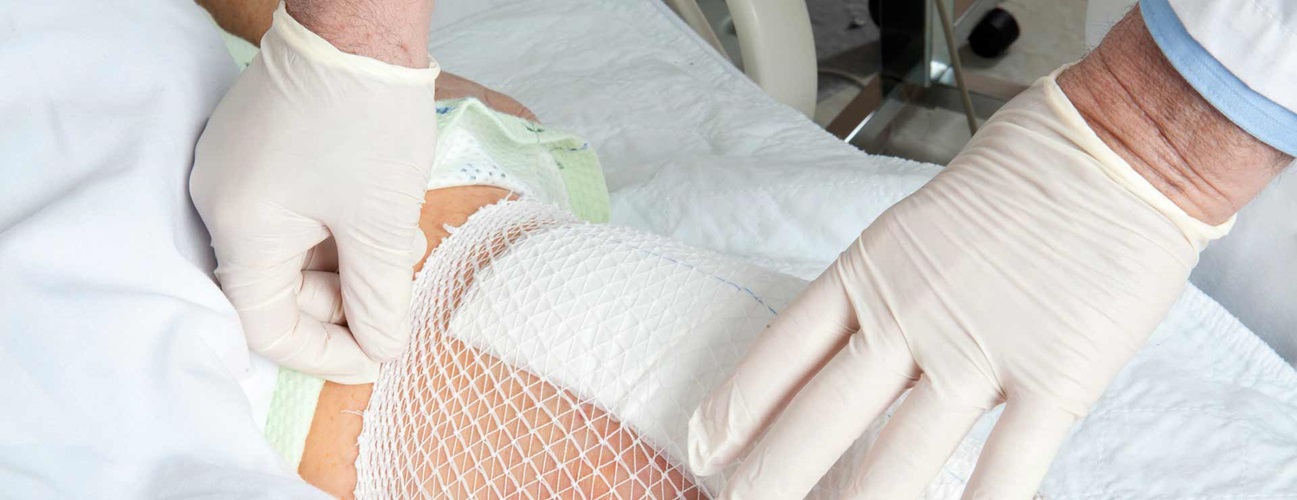



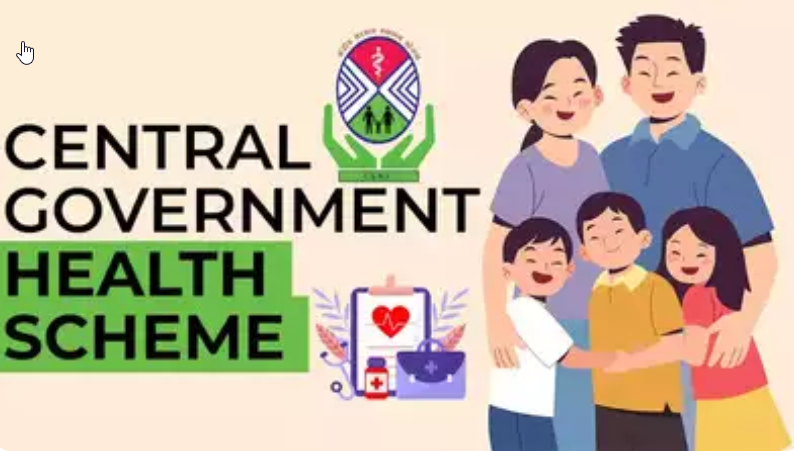
.jpg)
.jpg)
